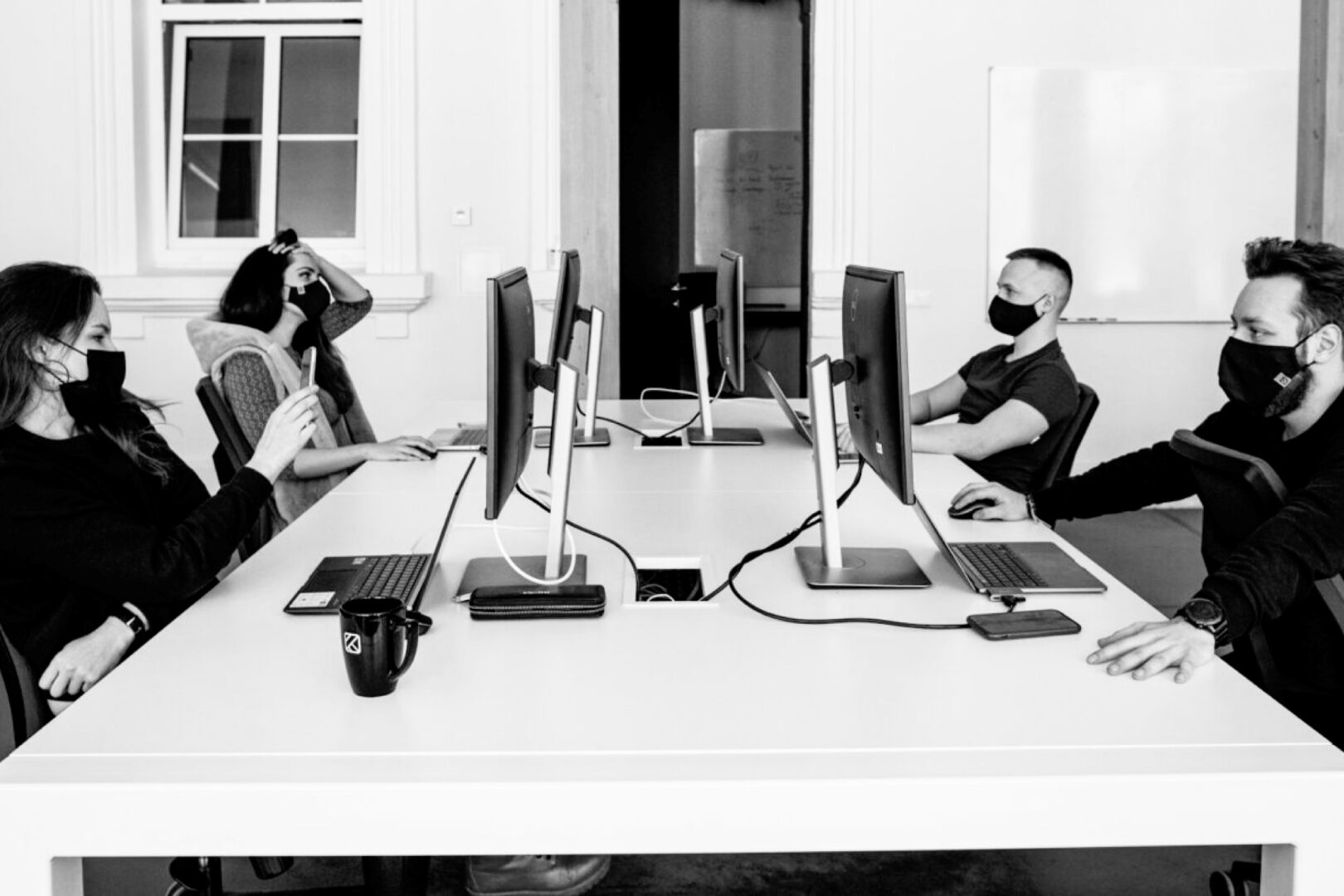

With a growing interest in the blood glucose field, we have tested out the Continuous Glucose Monitoring (CGM) systems in the scope of stress. Testing stress reactions with CGM systems is just the first step of a more comprehensive series of research experiments.
The team is looking to expand their study into social stress, phobias, and panic attacks. This research opens plenty of possibilities to link the outcomes to fatigue, over-exercising, and restricted eating habits.
Our team has been working on various experiments to understand blood glucose issues better and confirm or refute different hypotheses. We conducted an experiment to determine the direct relationship between stress and blood glucose with CGM systems.
Rather than just getting a snapshot of blood glucose levels from a single meter reading, a CGM device allows individuals to see the fuller picture. With a CGM system, you can monitor your current glucose level at any chosen time. It allows you to know which direction and how fast it’s going. The sensor measures glucose levels every 5 minutes and sends those readings to the monitor.
The chemistry is clear and is almost always the same. However, there is still a big difference in response to stress exhibited by men and women. For men, it is characterized by the “fight-or-flight” reaction, whereas for women, the “tend-and-befriend” response occurs.
Later on in the investigation, we can dive deeper into the dysfunctional HPA axis. This axis is associated with manifestations of psychosomatic and psychiatric disorders. But the great thing is that this analysis of stress and blood glucose levels can help shift the management of social phobias, panic disorders, or anxiety. You can monitor the effectiveness of the medical and/or psychological intervention and not rely on subjective self-observation.”
This experiment involved 4 individuals monitored with CGM devices for their blood glucose levels over 10 days.
On the final day, the individuals were invited to play a game of “Crash.” This is an online gambling game where a multiplier graph increases. At any time in the game, the multiplier could “crash,” and those who did not “cash-out” would lose their bet. Each individual had a budget of 100 euros and took part in this alternative way to induce stress artificially.
The test results were fascinating. All participants had an average increase in blood glucose of 15% during gambling and a 36% heart rate increase overall.

I see it as a small step toward a big plan we have in mind for Kilo Health. Imagine if it could help to exactly differentiate what kind of stress a person experiences, and accelerate each individual treatment process.
The experiment ties in closely with the Kilo Health philosophy of offering personalized treatment. A standard one-size-fits-all treatment plan does not reflect the reality of individual cases. It might even cause more harm than good.
At Kilo Health, with all of our products, we look into each individual’s background in detail to understand their triggers. We adapt meal plans, fitness plans, supplements or medications based on what works and what doesn’t. For instance, the foods that may be considered healthy in general can be precisely what crashes your energy levels and increases weight gain.
Knowing the metrics of individual body reactions in relation to stress and adapting these metrics in diet enhancement is a big leap for healthcare. With objective data, individuals will find the missing piece to their puzzle by identifying what they need to chang, based on real-time metrics.
CGM is a powerful tool in optimizing health data. It can help to detect the relationship between stress, diabetes, or already established health issues. This new technology is a powerful analytical tool to foresee and prevent health issues before they form.
Our work is an important development in stress, healthcare, and personalized treatment fields. We are putting it into practice while developing Tyler Health.
Check what it looked like:

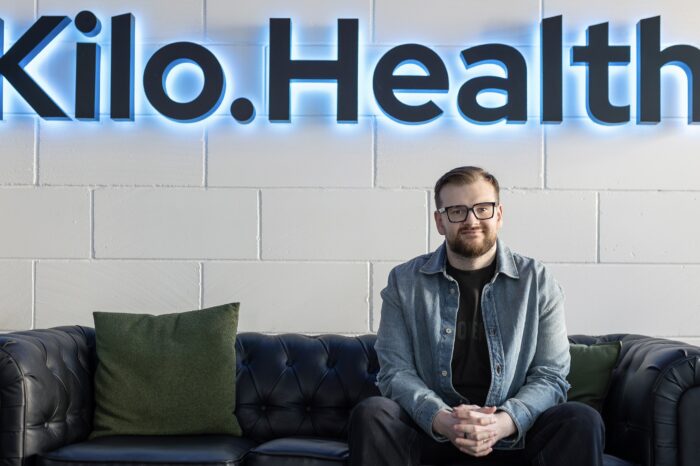
Kilo Health concluded 2024 on a strong note, achieving stable revenues and growth, alongside a team of 450 employees. In 2024, the company’s consolidated revenue remained steady at €234 million, the same as in 2023. Despite external market challenges, Kilo…
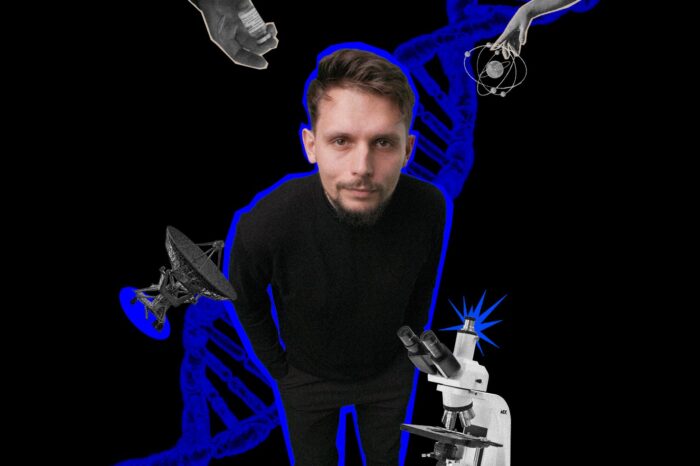
Ask, research, support. These three words sum up my role — or maybe just the nerd face emoji. Currently, I am working as a Scientific Research Lead at Kilo Health. But before that, I’ve always been on a similar path,…
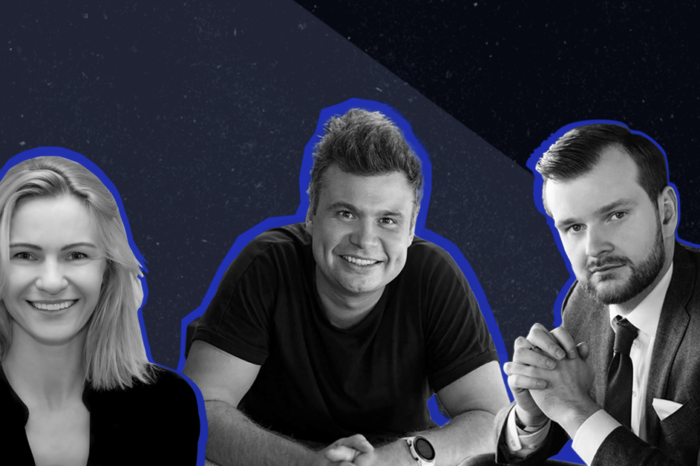
As we’re entering an exciting new chapter of business growth and leadership, it’s the perfect time to catch up on the latest changes in our team and where we’re headed next. Dive in and get to know our new CEO…
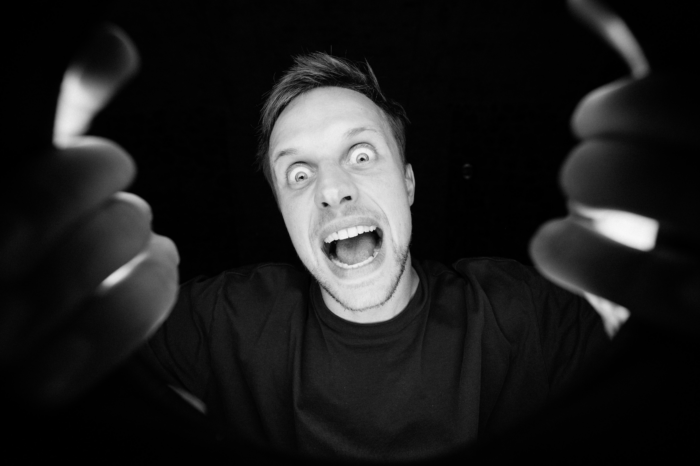
I’m Matas, and when asked, I refer to myself as an intern — always learning. However, research, strategy, business development, and idea generation are the cornerstones of my work. I want to pull back the curtain and give you an…
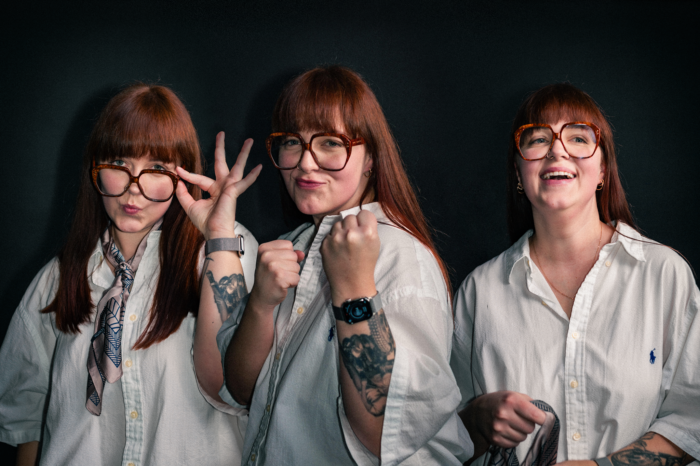
I’m Deimante, currently Head of Marketing at Kilo Health, and a big lover of this company. My journey to being hired at Kilo has been quite the ride. How it all started? I underwent interviews with 11 different people and…

Ever dreamt of taking the lead, even if the path isn’t crystal clear? Or to have someone believe in you and offer you a chance to figure out whether you would thrive in a startup environment? Speaking of which, Kilo…
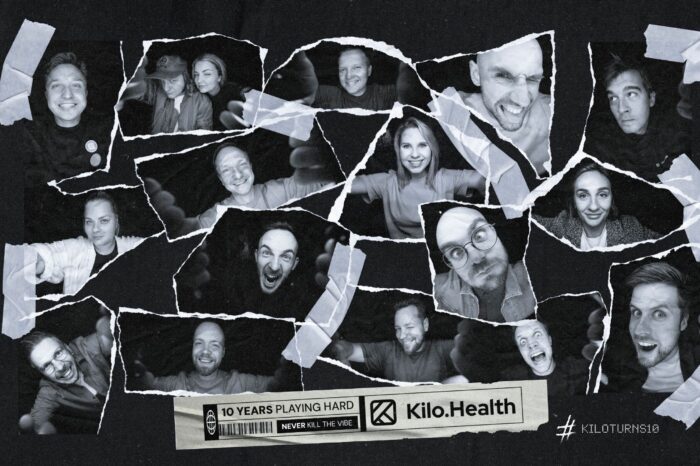
A whole decade has raced by in the blink of an eye for us at Kilo Health, and what better way to celebrate than to reflect on the milestones and lessons over the years? Do you know where we started?…
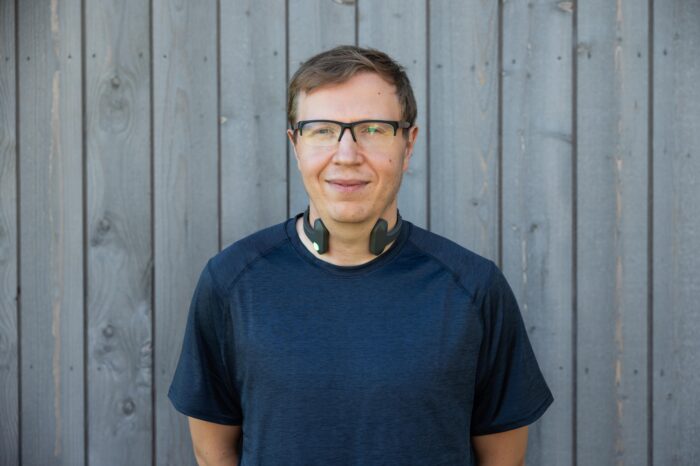
We, the co-founders, are just ordinary individuals with grand ambitions. There are times when we work twice as long and intensely as others, yet we’re equipped with the same amount of daytime, energy, and capacity. However, as leaders in the…
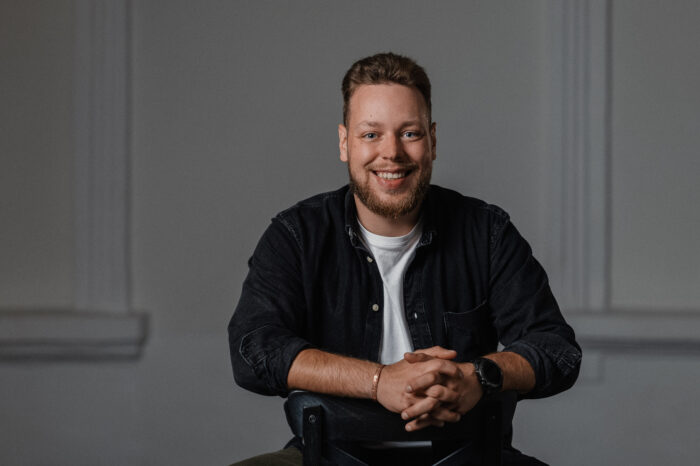
There’s no enchanting tale behind how I became a part of Kilo Health. In truth, some of us regular folks simply have regular journeys, and that’s perfectly fine. What counts is that today, I hold a successful product in my…

Reflecting on your achievements from the previous year is advantageous. That’s exactly what we did, proudly demonstrating our boundless aspirations through an impressive 84% growth and 213 million euros. So let’s put our hands in the air and celebrate together,…
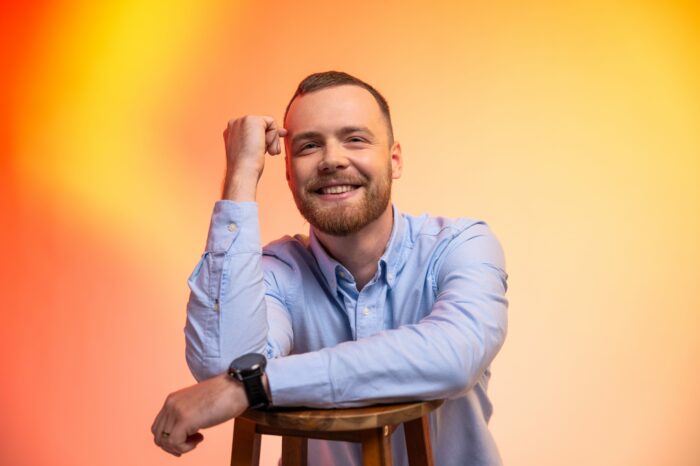
I joined Kilo Health back in 2019, and I can prove that when people’s values and mindsets align, great things can be accomplished, even if you don’t have a plan. BoomeranGO!, the first and only product for children provided by…
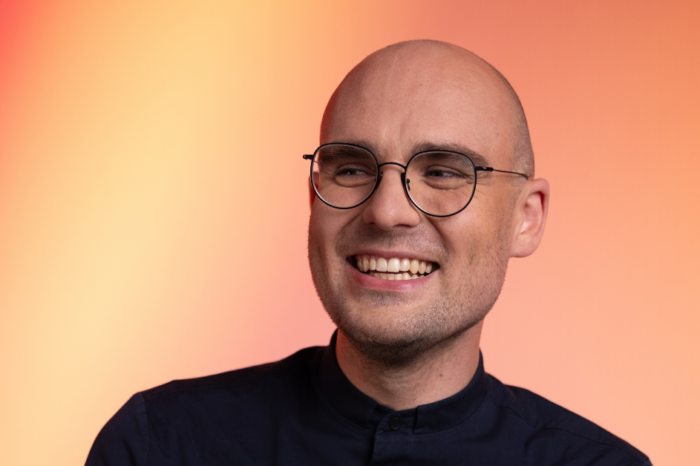
Lighting, sound, set, and actors are essential components of a film studio, but they are not the sole factors that define its success. Consistent creativity, appreciation of talent, and adaptability to market trends are a few of the things that…
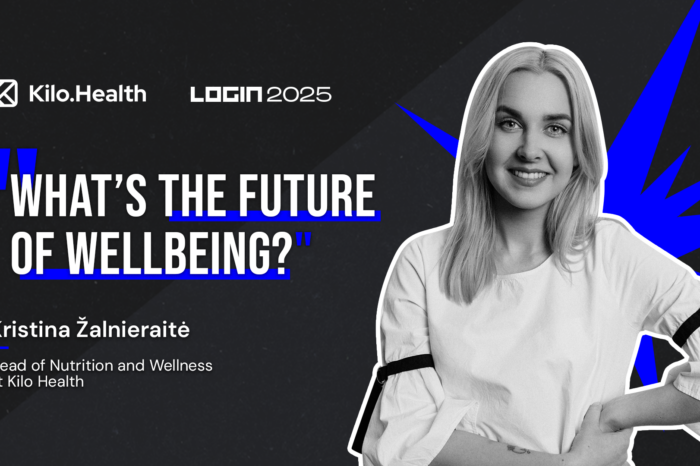
Imagine a world where technology creates a tailor-made meal plan and recommendations after analyzing different data about you. This is not science fiction but a reality that is fast approaching. Traditional plans drawn up by nutritionists are already being replaced…

Hey, I’m glad you’re here — I’m Viktorija Jokantaite-Kutke, the CEO of the Weight Management Accelerator at Kilo Health. One thing about me is that I don’t do boredom. I am always moving, always building. Try to keep up! When…